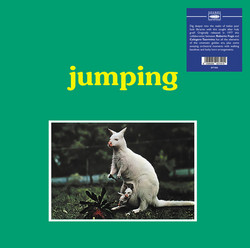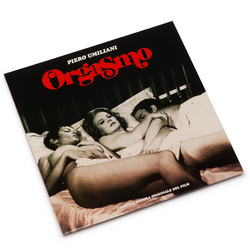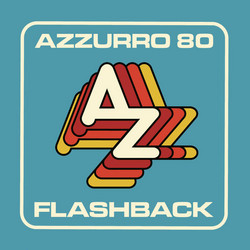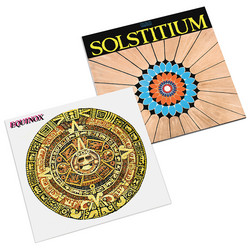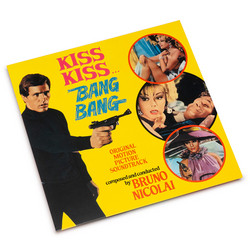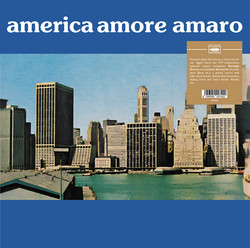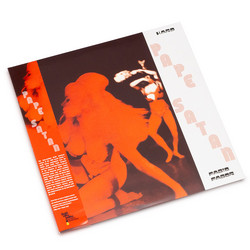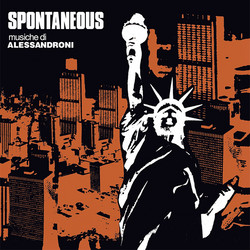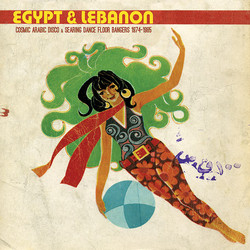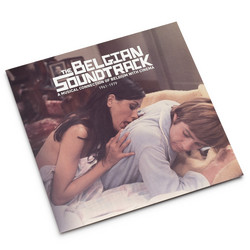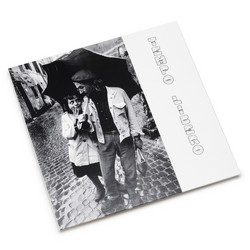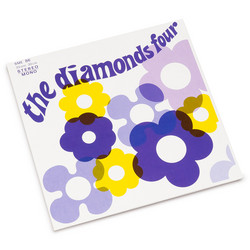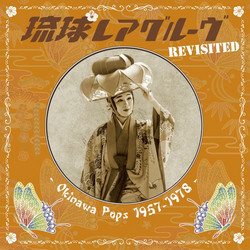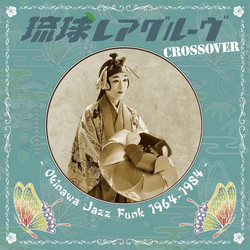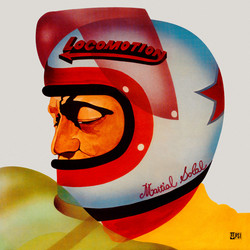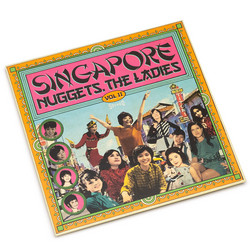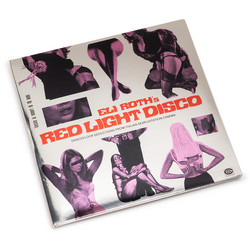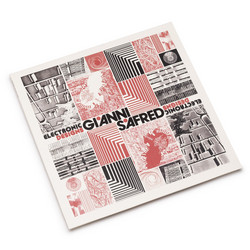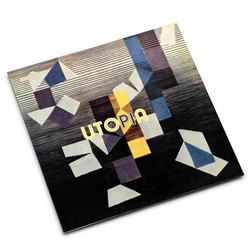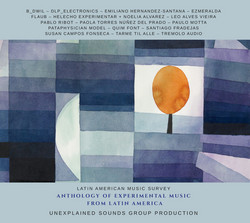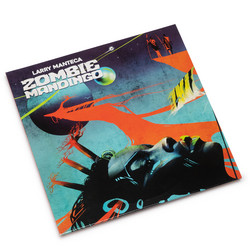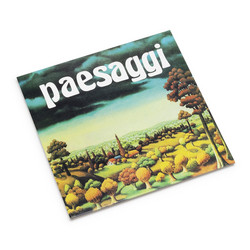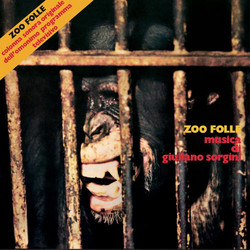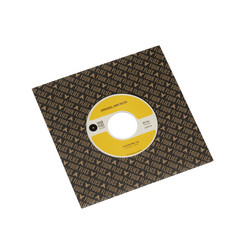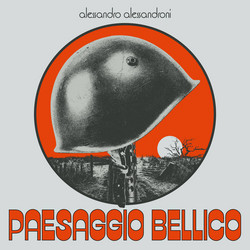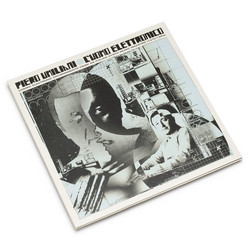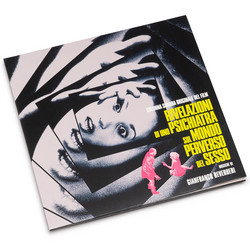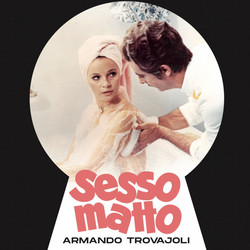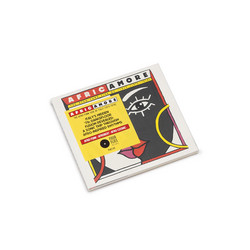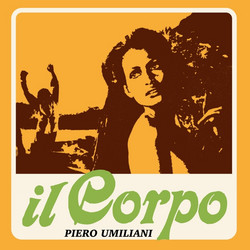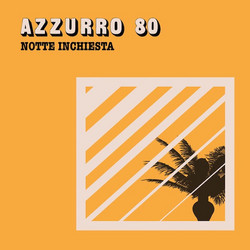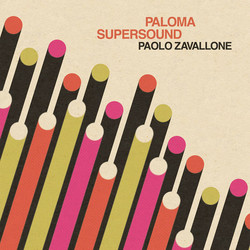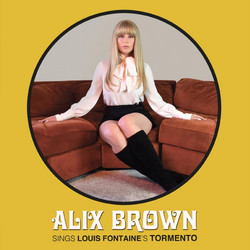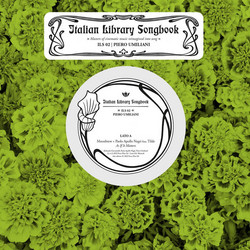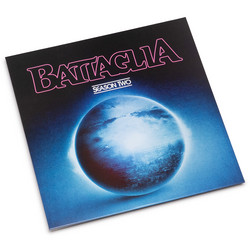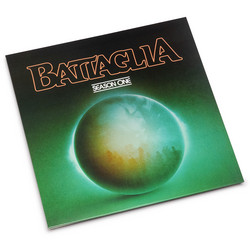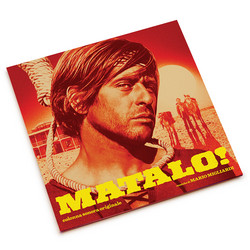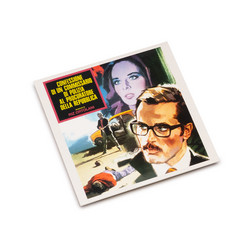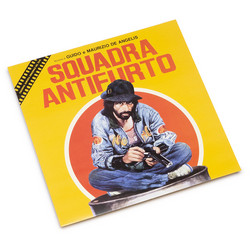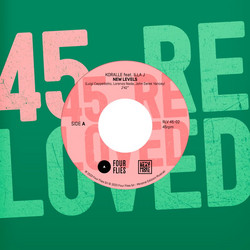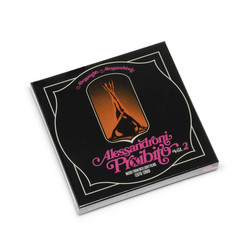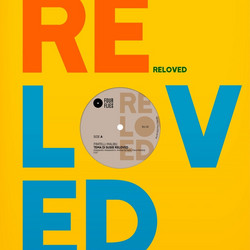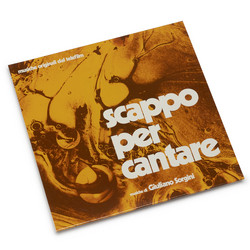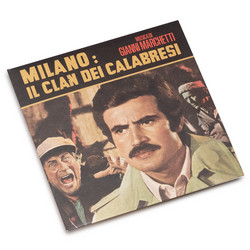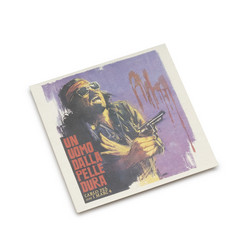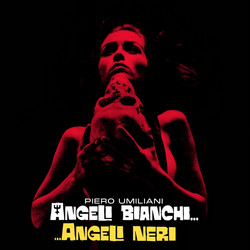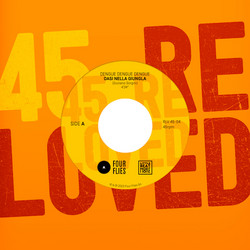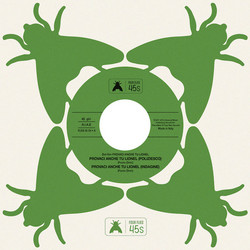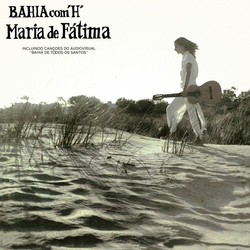The new album from Italian duo Dressel Amorosi, comprising Federico Amorosi and Valerio Lombardozzi, is a fervent homage to the realm of Italian soundtracks and library music from the late ’70s and early ’80s. Navigating effortlessly through a spectrum of scenarios and atmospheres, it conjures up vivid images of action-packed sequences, wistful retro vibes, chic party scenes, and hair-raising horror chills. With a refined, contemporary flair, Spectrum celebrates early ’80s cinema and its unmistakable aesthetics, steering clear of any trace of nostalgia. It weaves together elements of synth-pop, jazz-prog, electric fusion, and chill-funk across its seven compelling tracks, reimagining the past through a contemporary lens.
Compared to their previous, strictly horror-themed album, here Dressel Amorosi broaden their musical and cinematic palette, adding ingredients from the giallo, sexy thriller, comedy, and crime genres. Their sonic exploration, too, strikes a delicate balance between the past and present. Federico Amorosi’s basslines resonate with the distinctive timbre of a Rickenbacker 4003, its effects ranging from time-honored classics like the Mutron pedal to more modern marvels like the Darkglass, with a sprinkle of ‘secret sauce’ to ensure a signature sound. In addition, Valerio Lombardozzi’s ‘arsenal of machines’ boasts iconic synthesizers such as the Roland Juno 106, the Korg MS 20, and the Farfisa Syntorchestra, which was a game-changer for an entire generation of Krautrock bands, including the early Tangerine Dream.
Merging an array of moods and hues into a mesmerizing chromatic tapestry, Spectrum summons the essence of late ’70s and early ’80s Italian cinema, reminding us of the astonishing diversity, enduring iconography, and sonic identity that defined that era. The album’s packaging, artwork and graphic layout intentionally channel the spirit of a classic library music LP from that period, or rather its deluxe version. The 650g hardcover sleeve, designed by specialist Eric Adrien Lee, is complemented on the back by descriptions of the atmospheres of each track, which back in the day were meant to guide music consultants and TV programmers in their selections.
